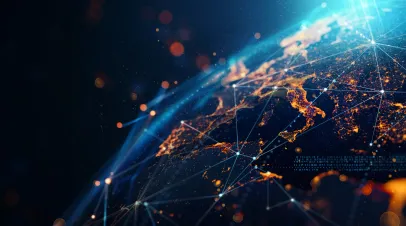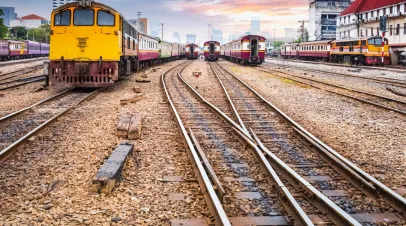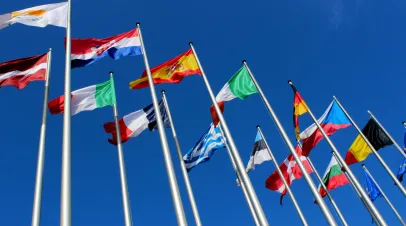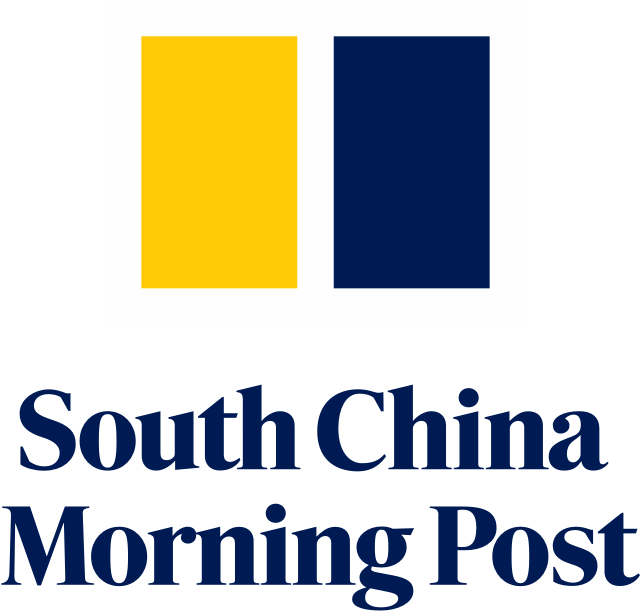Romana Vlahutin
Former Visiting Distinguished FellowRomana Vlahutin is a former Visiting Distinguished Fellow at GMF.
Media Mentions
Featured Work
Image

January 7, 2025
Although President Donald Trump’s inauguration is in less than a month, his method is already challenging many existing notions, ties, and ways of...
Image

Image

November 14, 2023
Russia’s war of aggression has pushed the EU into a quick reset. Ambassador Romana Vlahutin argues that, to retain its credibility as a strategic...

